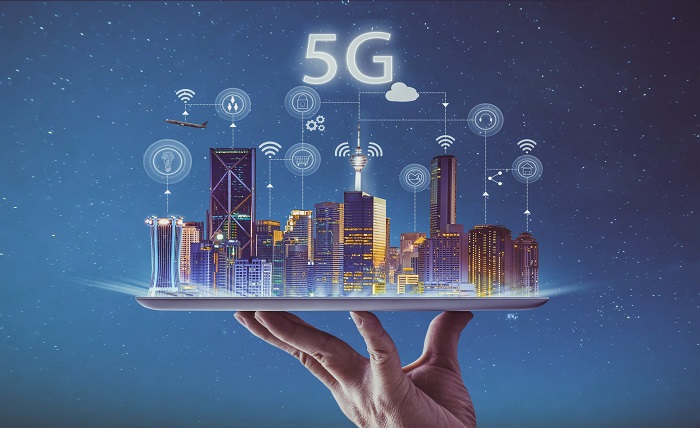The Impact of 5G Technology on the Future of Connectivity

5G technology is the fifth generation of mobile networks and it is set to bring a significant change in the way we connect to the internet and communicate with each other. 5G networks are faster, more reliable and have the ability to handle a large number of devices at the same time. This article will explore the current state of 5G technology, its potential impact on various industries, and the challenges that need to be addressed for its successful implementation.
The current state of 5G technology:
5G networks are the next generation of mobile networks and are set to be significantly faster and more reliable than their predecessors. 5G networks can achieve download speeds of up to 20 Gbps and have a latency of less than 1 ms. This increased speed and reliability will enable new applications and services that were not possible before. 5G networks also have the ability to handle a large number of devices at the same time, making it ideal for the Internet of Things (IoT) and other applications that require low latency and high throughput.
Impact of 5G on different industries:
5G technology has the potential to revolutionize a wide range of industries, including:
- Healthcare: 5G networks will enable telemedicine and remote monitoring, allowing doctors to remotely access patient data and provide better care.
- Manufacturing: 5G networks will enable Industry 4.0, where machines and devices are connected to each other and can communicate and share data in real-time.
- Retail: 5G networks will enable augmented reality (AR) and virtual reality (VR) in-store experiences, allowing customers to interact with products in new ways.
- Transportation: 5G networks will enable autonomous vehicles, where cars can communicate with each other and the infrastructure to improve safety and efficiency.
Challenges for 5G implementation:
While 5G technology has the potential to bring many benefits, there are also challenges that need to be addressed for its successful implementation. Some of the challenges include:
- Infrastructure: 5G networks require a significant amount of infrastructure, including cell towers and small cells, to provide coverage.
- Interference: 5G networks will operate in a higher frequency spectrum, which can be prone to interference from other wireless devices.
- Security: As 5G networks will be handling a large amount of data, security is a major concern and needs to be addressed to prevent hacking and data breaches.
- Regulation: 5G networks will require new regulations to ensure that they are deployed and operated in a way that is safe for human health and the environment.
5G technology is the next generation of mobile networks and is set to bring significant change in the way we connect to the internet and communicate with each other. 5G networks are faster, more reliable and have the ability to handle a large number of devices at the same time. This increased speed and reliability will enable new applications and services that were not possible before. While 5G technology has the potential to bring many benefits, there are also challenges that need to be addressed for its successful implementation. It’s important to continue to monitor and research the development and use of 5G to ensure that it is being used in an ethical and responsible way.







